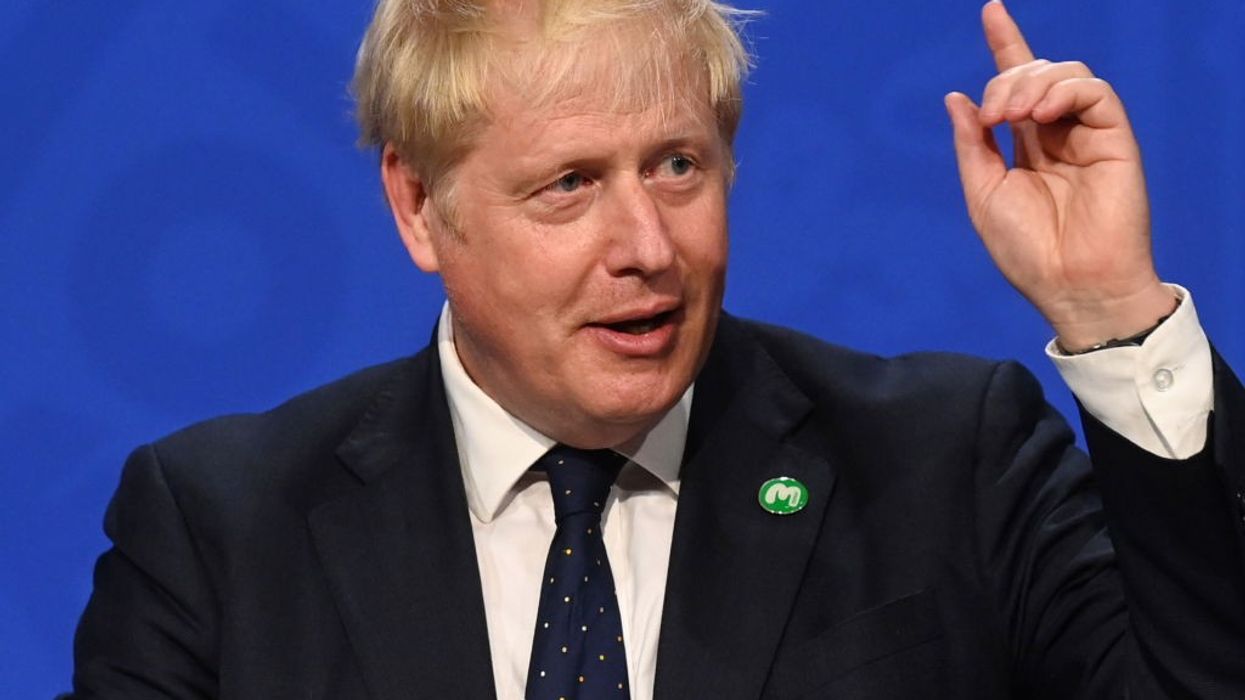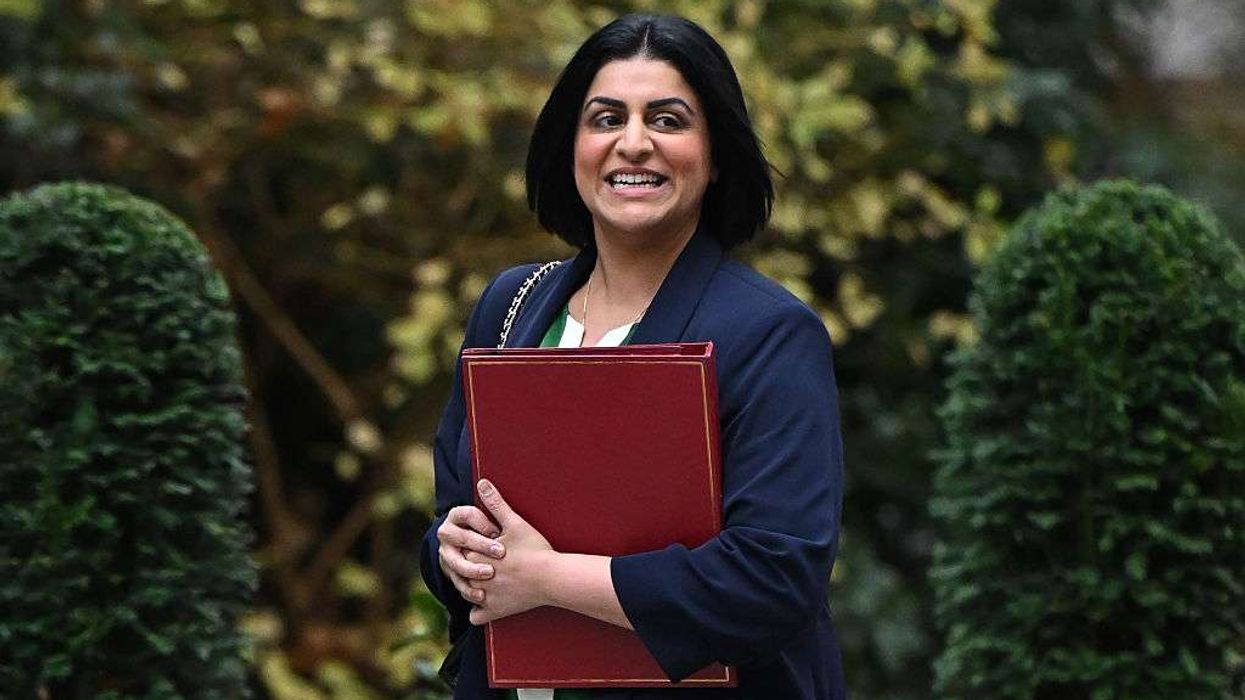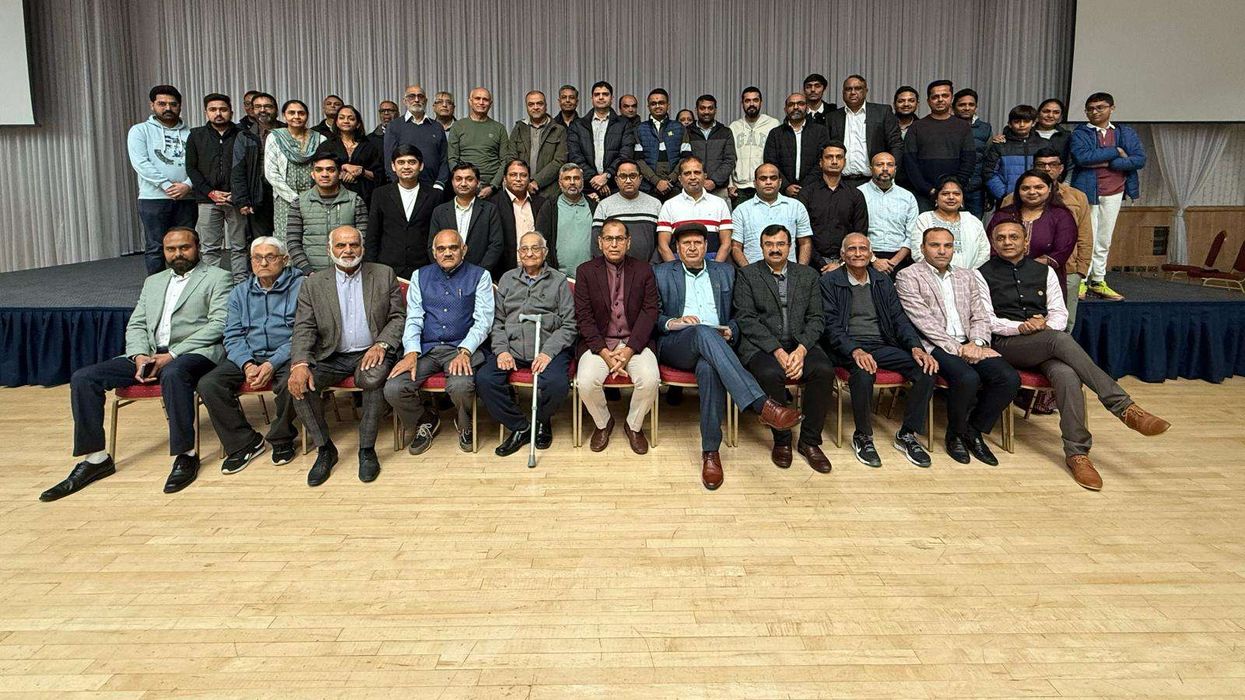BRITISH prime minister Boris Johnson has extended greetings to India on its Republic Day as he focused his message on the launch of free trade agreement (FTA) talks and the India-UK vaccine partnership.
Johnson said he is proud of the friendship shared by the two “diverse democracies” and looked forward to fortifying the strong bond over the next 75 years and beyond.
He said: "The UK and India are tied by deep bonds that span through the generations and across some of the greatest modern-day challenges we have faced. That is why I want to send my best wishes on behalf of the United Kingdom to the people of India, and to all the British Indians in the UK, on India's Republic Day.
"As two diverse democracies, I am proud of our strong friendship, demonstrated by the launch of free trade negotiations this month and our partnership manufacturing the Oxford-Astra Zeneca vaccine. I look forward to fortifying those bonds as we bring our ambitions, people and economies together to prosper for the next 75 years and beyond.”
Anglo-Swedish biopharma major AstraZeneca is in a manufacturing tie-up with Serum Institute India (SII) for the production of Oxford University's Covid-19 vaccine, known in India as Covishield.
Earlier this month, the UK's Department of Trade (DIT) confirmed the first round of FTA talks are being held virtually.
An India-UK FTA is billed in the UK as creating huge benefits for both countries, with the potential to boost bilateral trade by up to £28 billion a year by 2035 and increase wages by up to £3 billion across the UK.
A deal with India is also pegged as a “big step forward” in the UK's post-Brexit strategy to refocus trade on the Indo-Pacific, home to half of the world's population and 50 per cent of global economic growth.
The DIT has said the UK wants an agreement that slashes barriers to doing business and trading with India's £2 trillion economy and market of 1.4 billion consumers, including cutting tariffs on exports of British-made cars and Scotch whisky.
(PTI)













